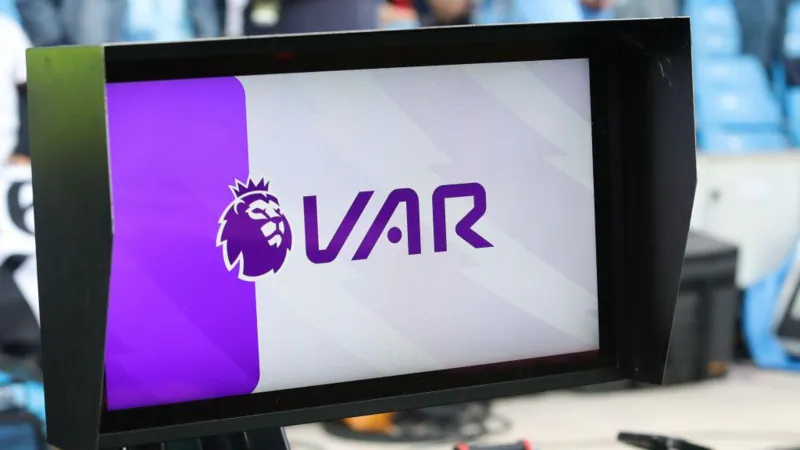VAR Set To Stay After Premier League Clubs Vote To Retain The System Next Season.
In a decisive move, Premier League clubs have voted overwhelmingly to retain the use of Video Assistant Referees (VAR) for the upcoming 2024-25 season. The vote, initiated by Wolverhampton Wanderers (Wolves), saw a near-unanimous 19-1 result in favor of keeping the technology.
Wolves had formally submitted a resolution in May, calling for a vote on the future use of VAR. For the resolution to pass and VAR to be scrapped, it required a majority of 14 out of the 20 Premier League clubs. However, only Wolves supported the proposal.
Expressing their disappointment, Wolves acknowledged the outcome but welcomed the Premier League’s commitment to enhancing the VAR system. “We are disappointed with the outcome of the vote but appreciate the Premier League’s commitment to improve VAR,” said a spokesperson for the club.
VAR, introduced at the beginning of the 2019-20 season, has faced mounting criticism and pressure for modifications. Wolves outlined nine reasons for their proposal, citing issues such as the impact on goal celebrations, increased hostility towards match officials, and the prolonged time required for decision-making.
In the meeting, it was confirmed that semi-automated offsides would be introduced by autumn, and in-game VAR announcements would also be implemented. These announcements, successfully used during the 2023 Women’s World Cup, will enable referees to explain post-VAR decisions to supporters in the stadiums. Additionally, the Premier League will maintain the “high threshold” for VAR officials to intervene on subjective on-field decisions.
Malcolm Clarke, chairman of the Football Supporters’ Association, emphasized the need for substantial changes to the current system, stating that fans “cannot carry on like this.”
Despite the rejection of Wolves’ proposal, the debate on VAR has been reignited. The Premier League is committed to achieving greater transparency, with referees’ chief Howard Webb advocating for a better understanding of the decision-making process. Clubs and players alike are pushing for quicker and more accurate decisions.
The upcoming introduction of semi-automated offsides aims to address some of these concerns. Although not expected to eliminate delays entirely, it is projected to reduce decision times by an average of 31 seconds, particularly on marginal calls.
The Premier League acknowledges that more work is needed to avoid similar issues in the future and to ensure the continued support of VAR among clubs and fans.



